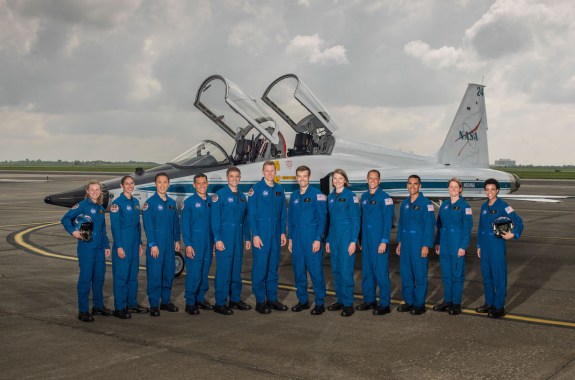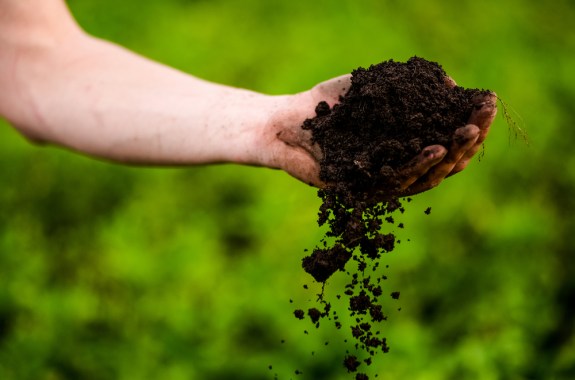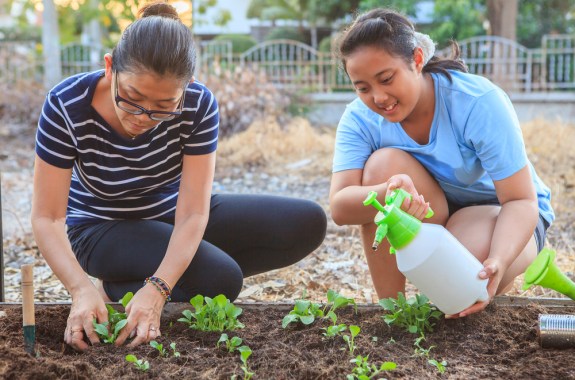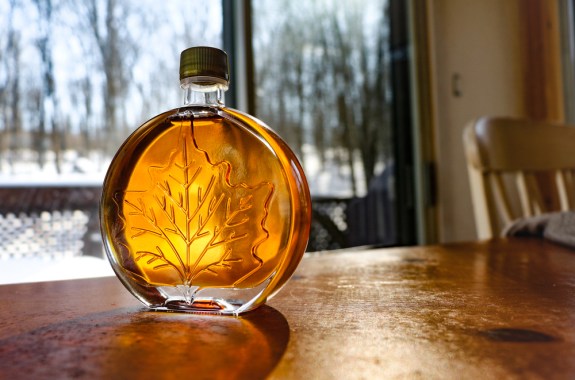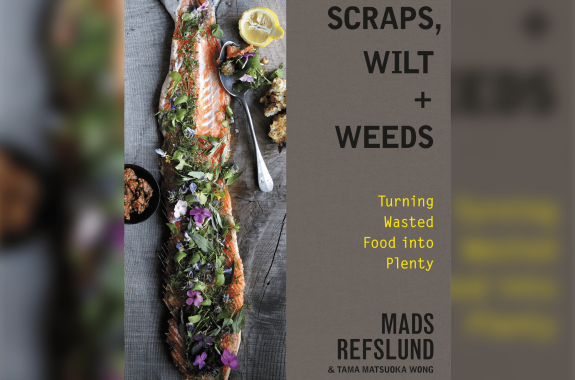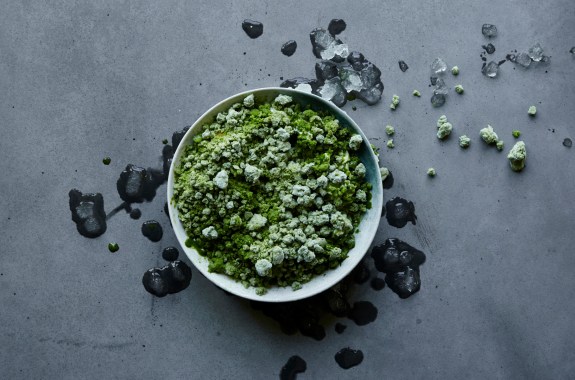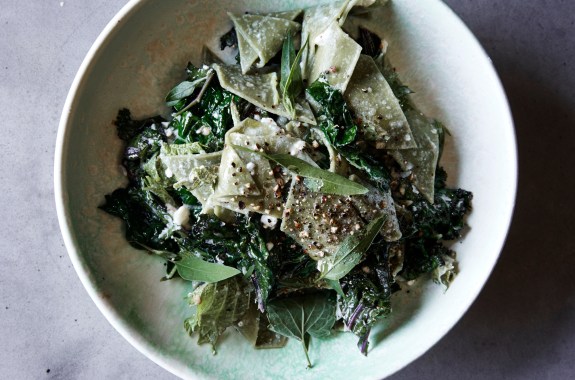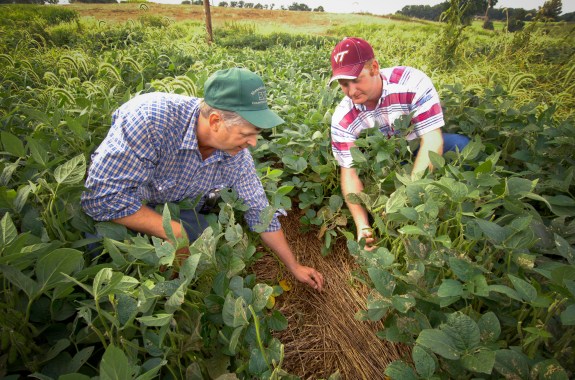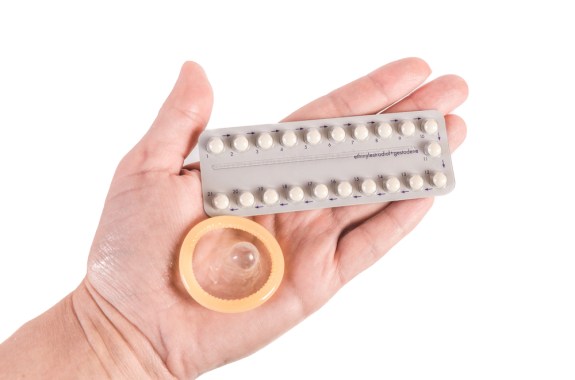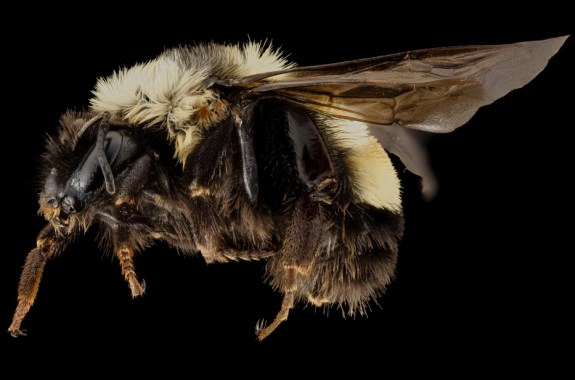7:07
A New Astronaut Class Begins The Journey To The Stars
Plus, the health effects of your bread choices, wolves’ sense of equality, and more news from the week in science.
Use Your Senses To Make Sense Of Your Soil
You can see, feel, and even smell the difference between good and lousy soil.
29:39
Sprucing Up Your Springtime Soils
Moldy compost? Compacted soil? Here’s some soil science to help your garden spring into shape.
8:21
How Climate Change Threatens Your Breakfast
As the globe warms, maple syrup, tea, and other specialty foods could suffer from lower quality and lower nutritional value.
Gourmet Cooking With Humble Roots
Chef and author Mads Refslund approaches cooking through a low-waste lens.
17:01
Scrap Your Dinner Plans
In their book Scraps, Wilt & Weeds, Mads Refslund and Tama Matsuoka Wong describe creative ways to use the parts of produce that we usually toss away.
Three Recipes for Leftover Produce
Here’s what you can do with kale scraps, carrot tops, and grapefruit peels.
17:38
Modern Farmers on the Frontline of Conservation
Some farmers are using techniques that conserve natural resources, like no-till and dry irrigation, as a way to cultivate crops according to the biology of the soil and land.
07:21
An Advance Towards Male Birth Control, Sequencing the Quinoa Genome, and Slip-Off Gecko Skin
A male contraceptive gel prevented pregnancies for a year in rhesus monkeys.
5:37
Drunken Munchies, a Paper Centrifuge, and an Endangered Bumblebee
Science journalist Sophie Bushwick rounds up some of the week’s science news.
